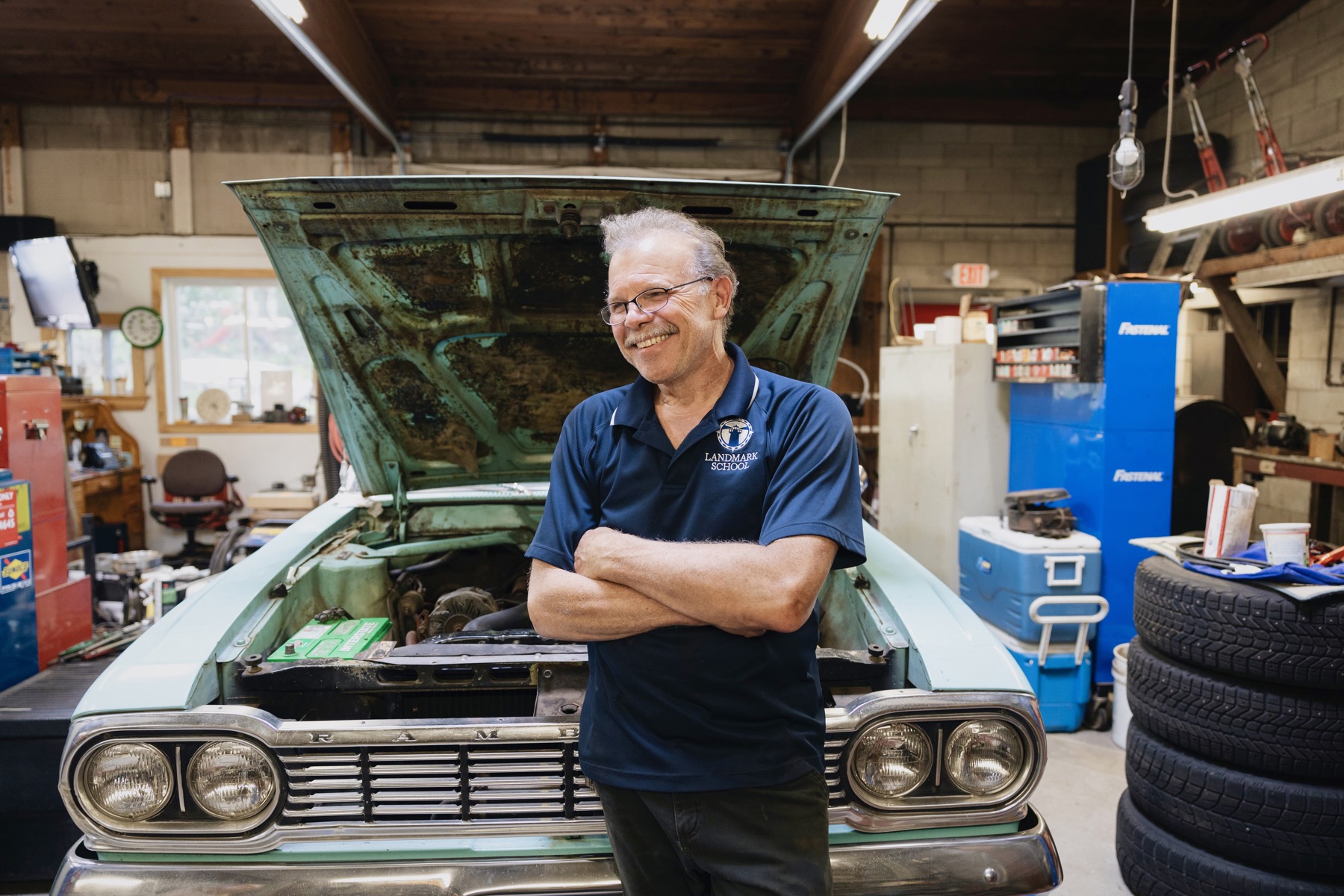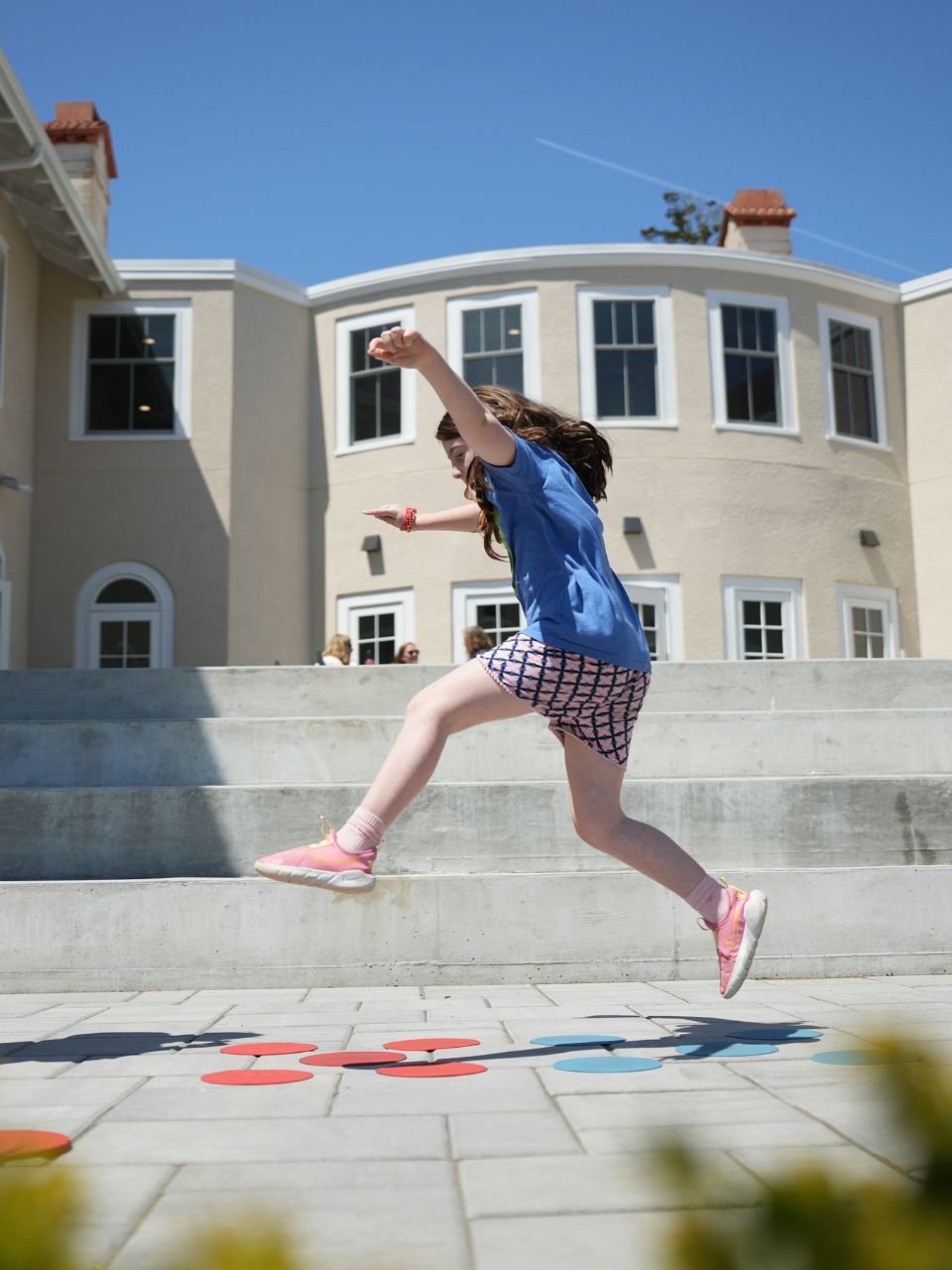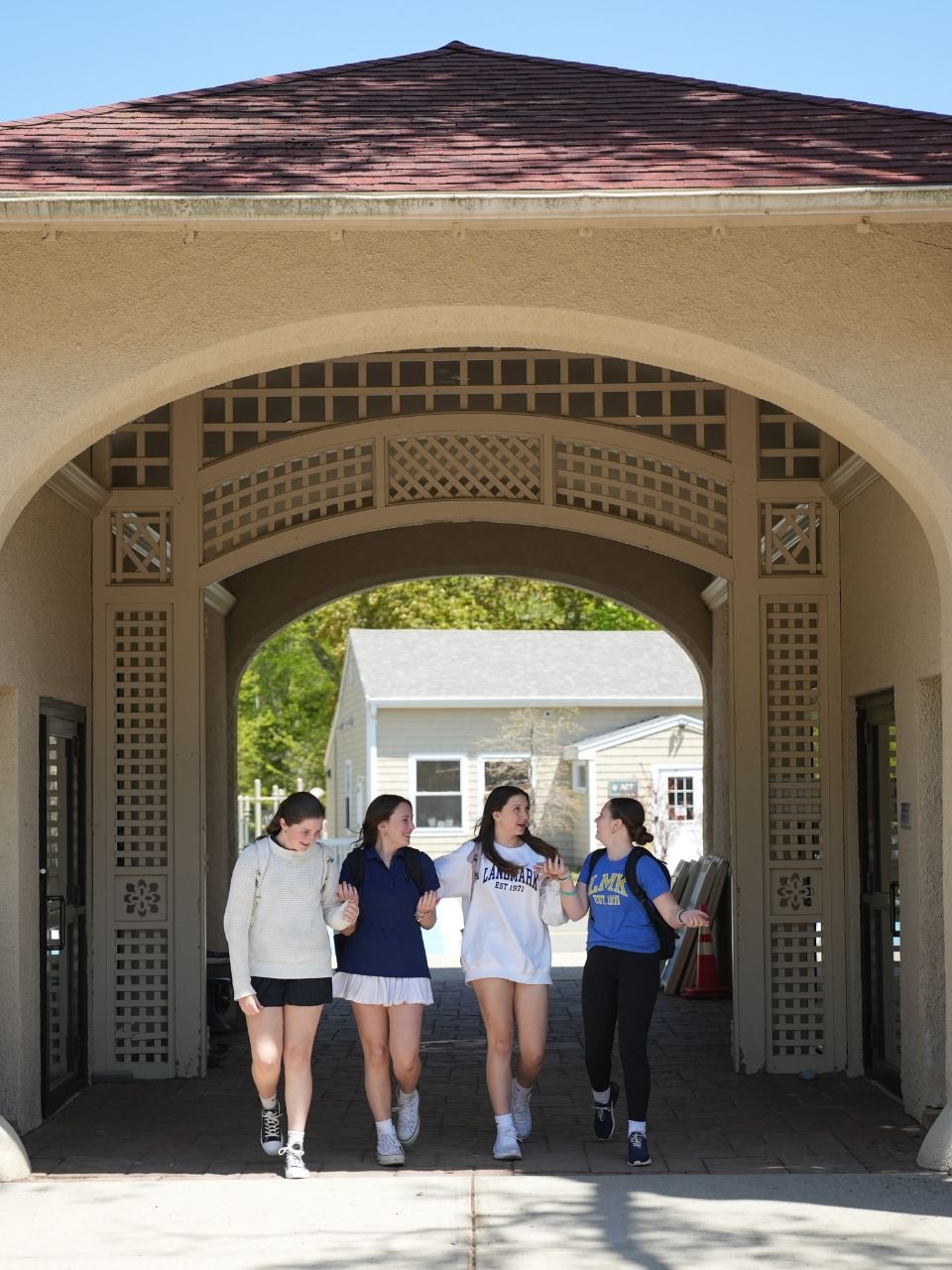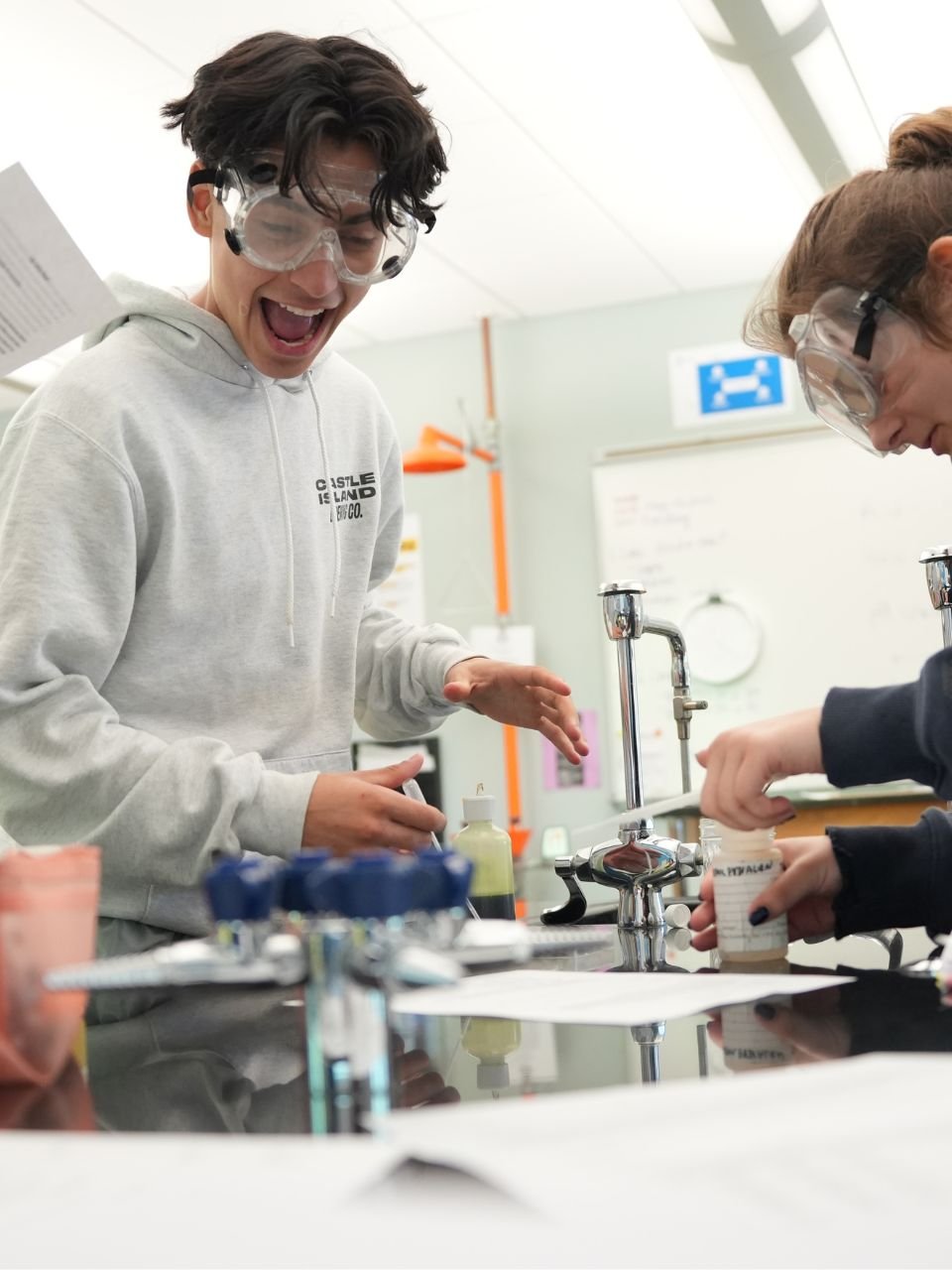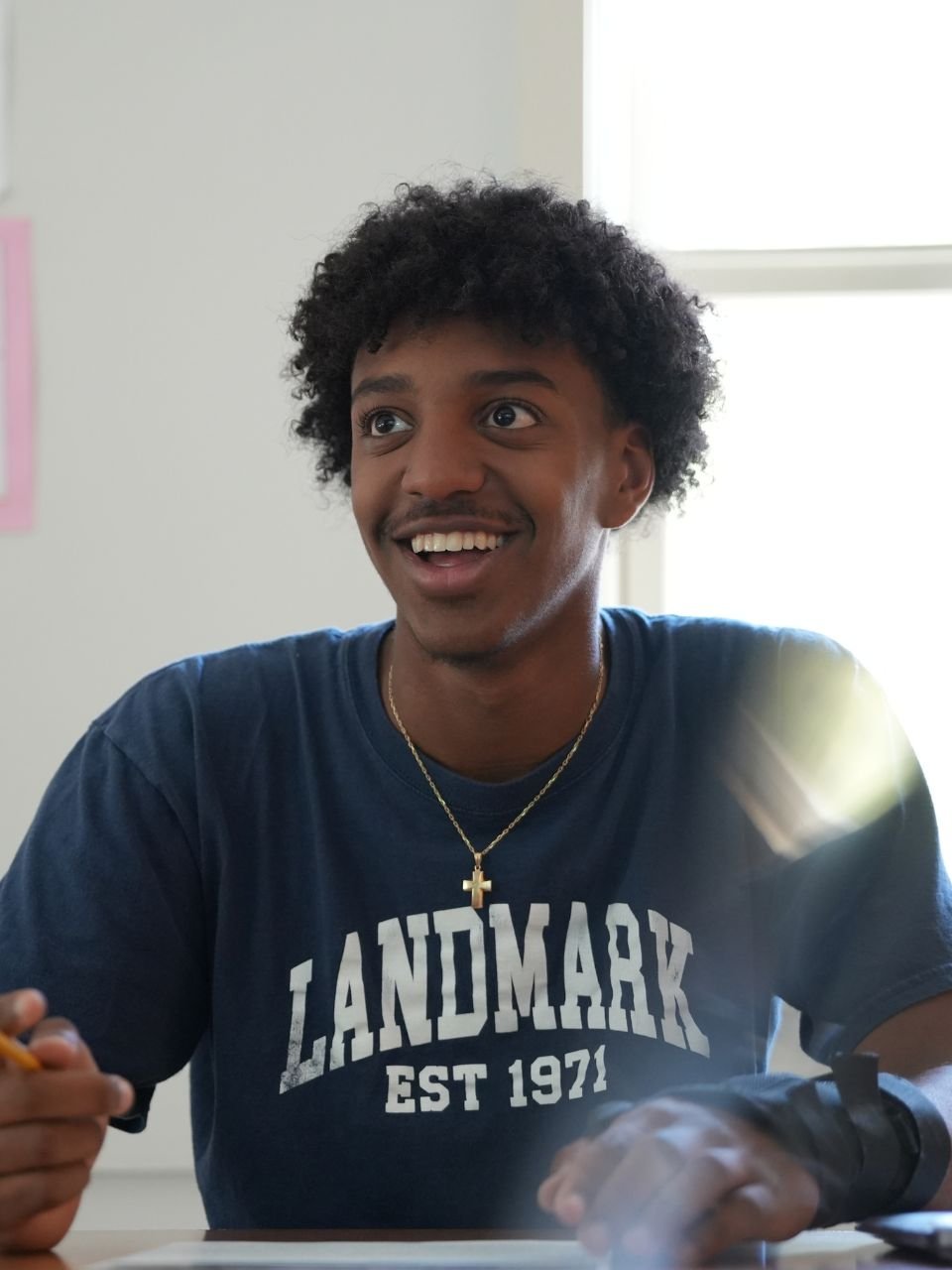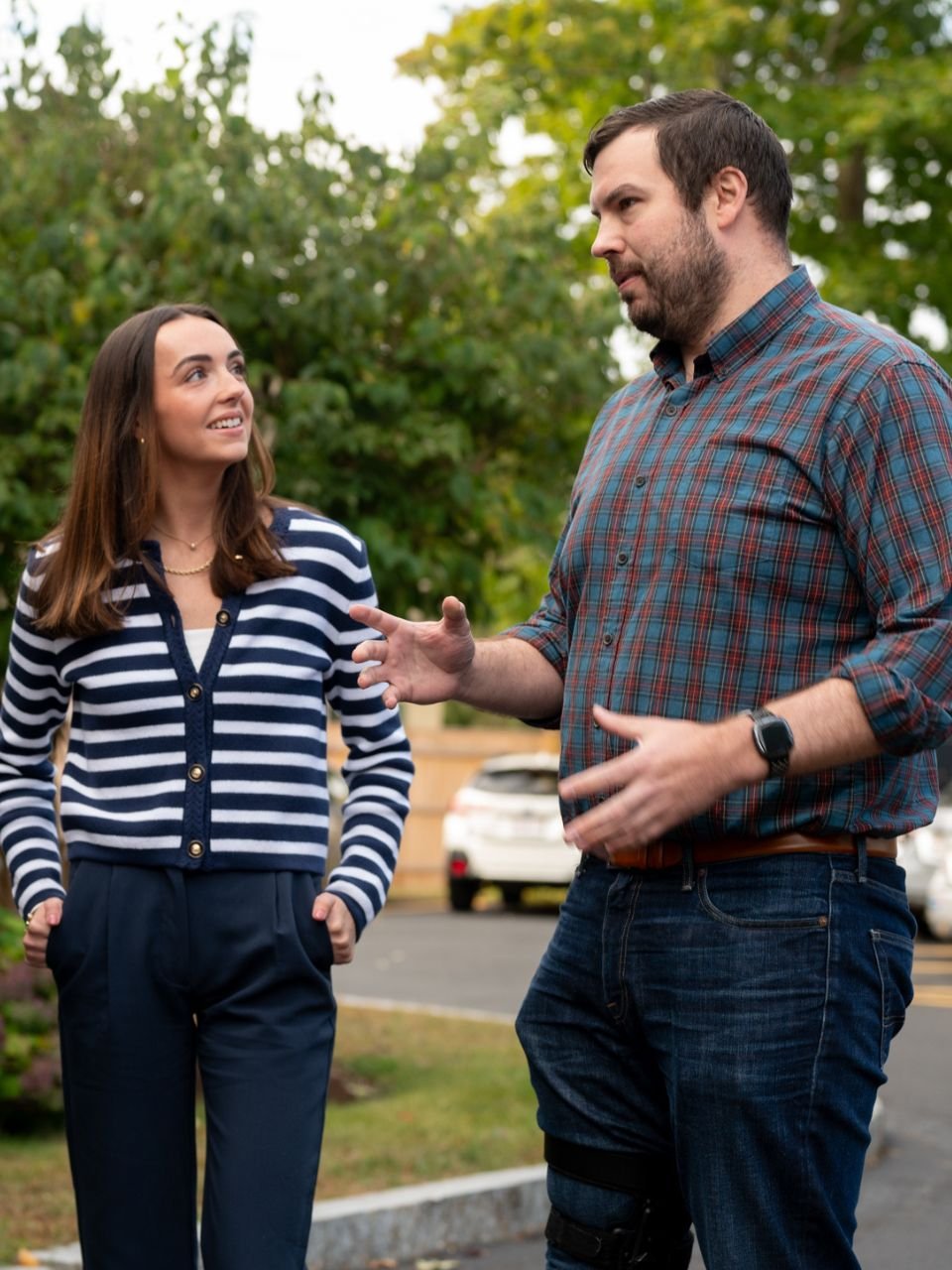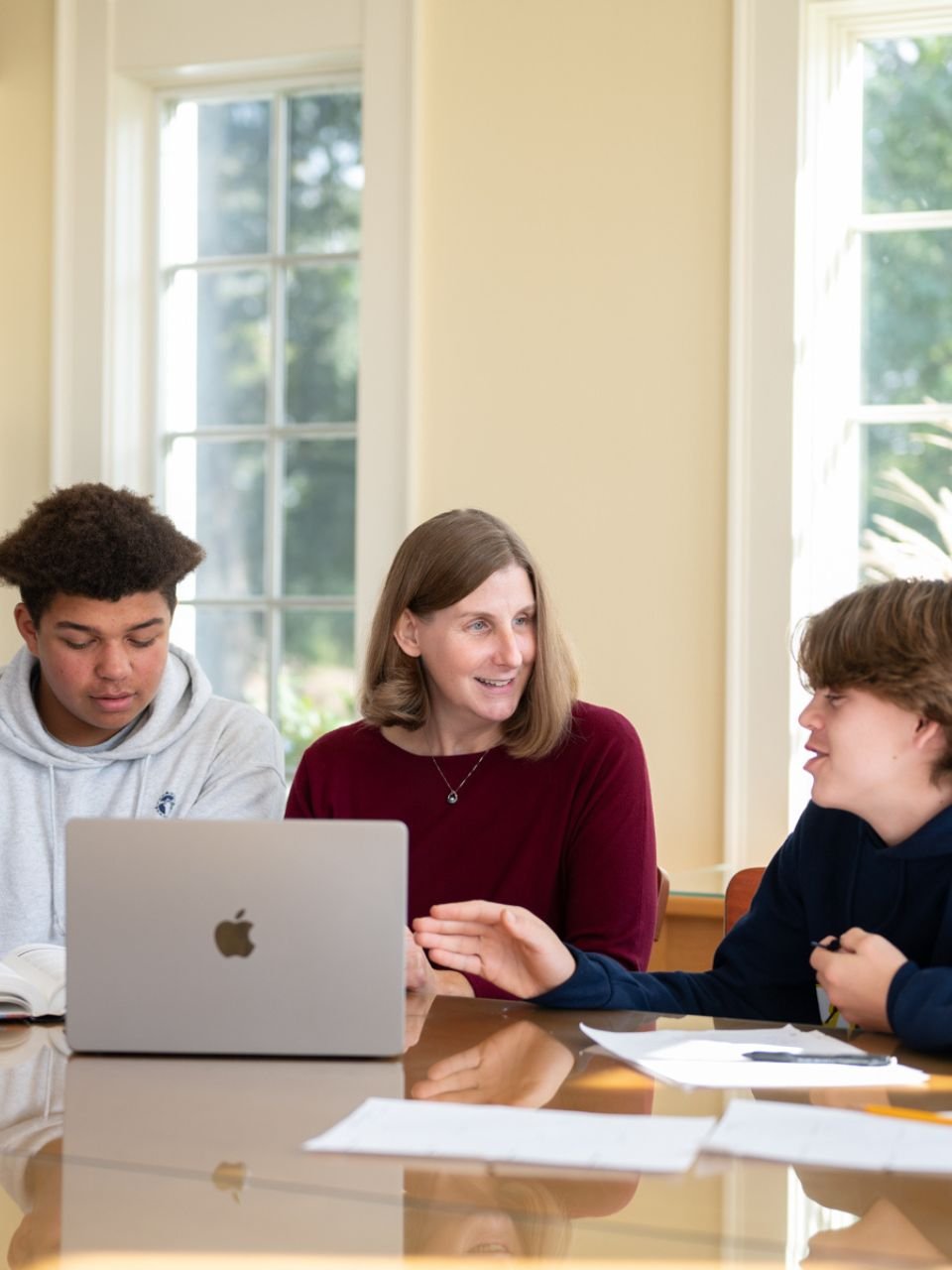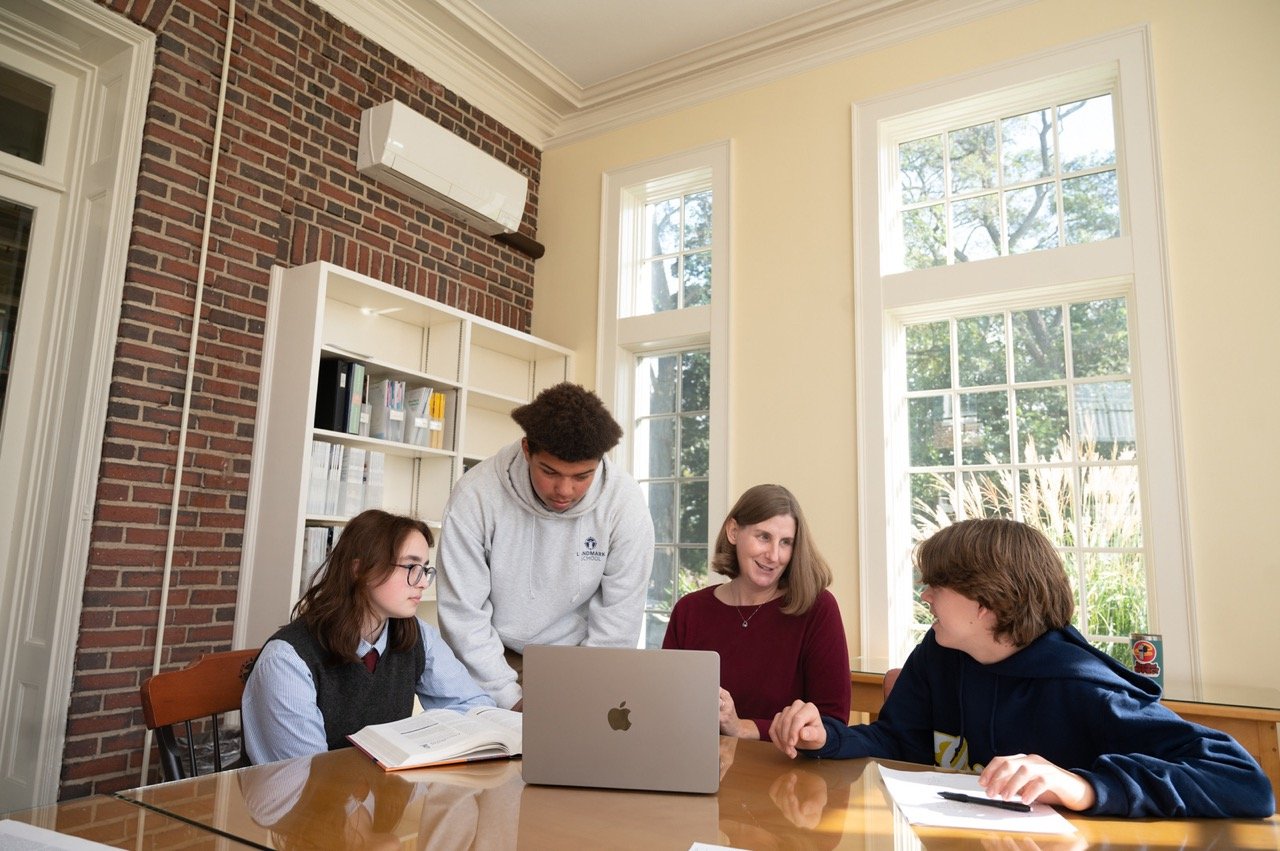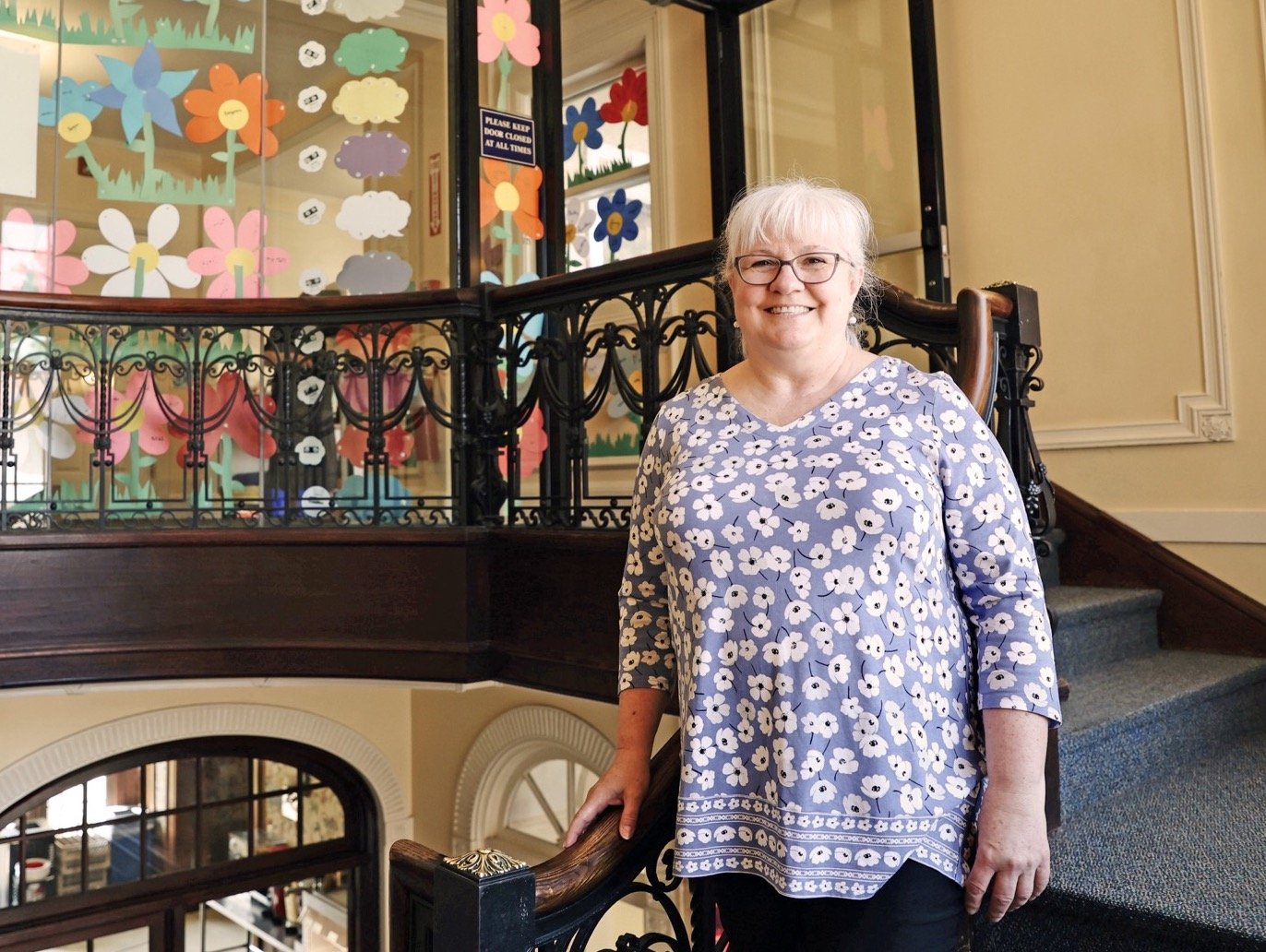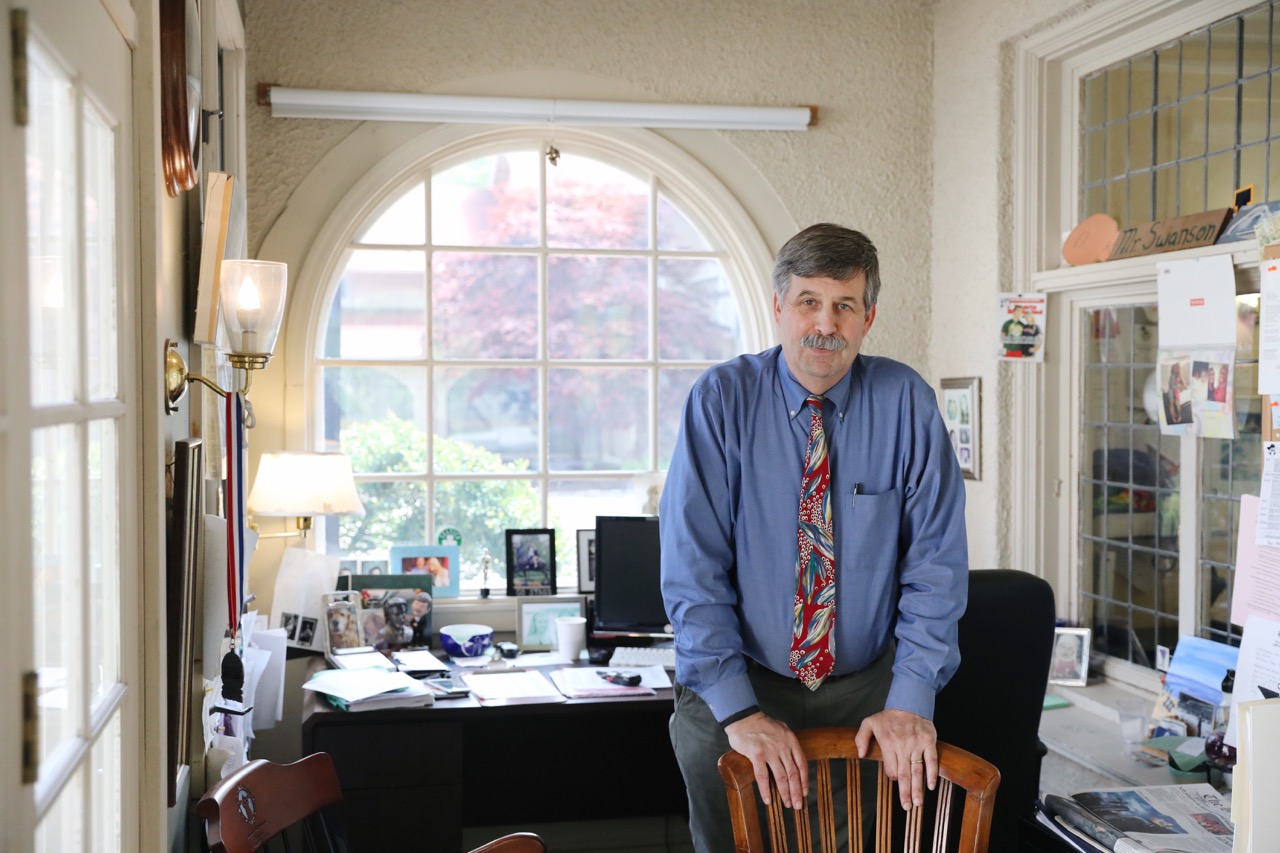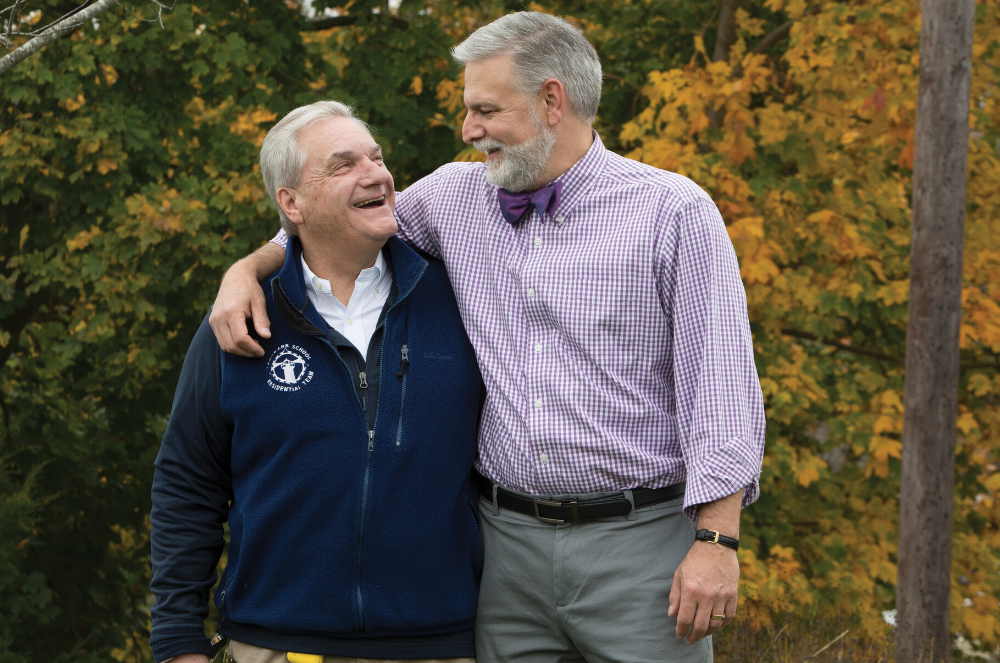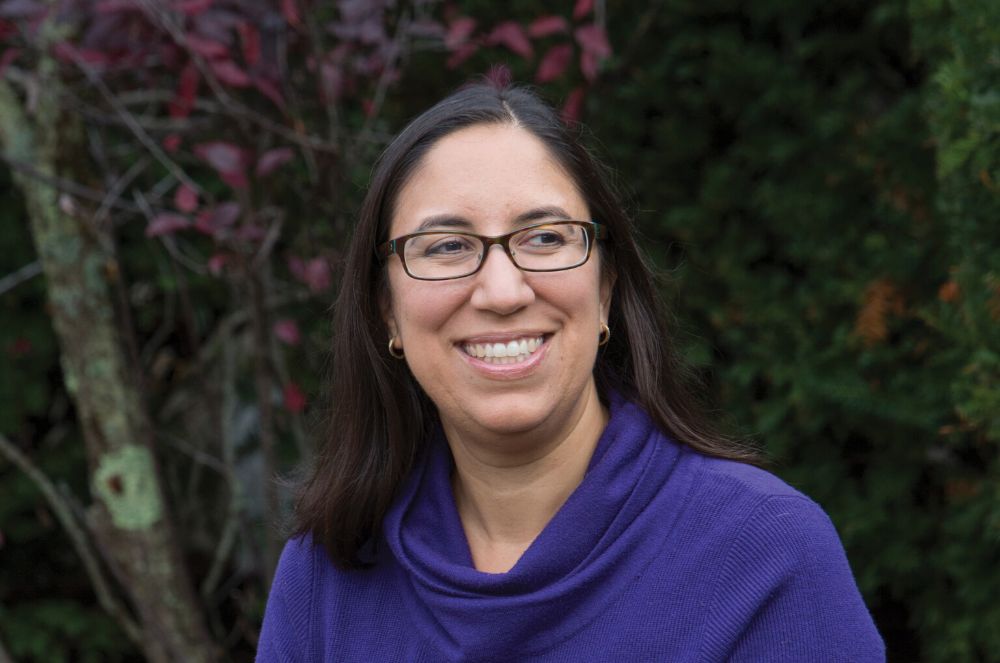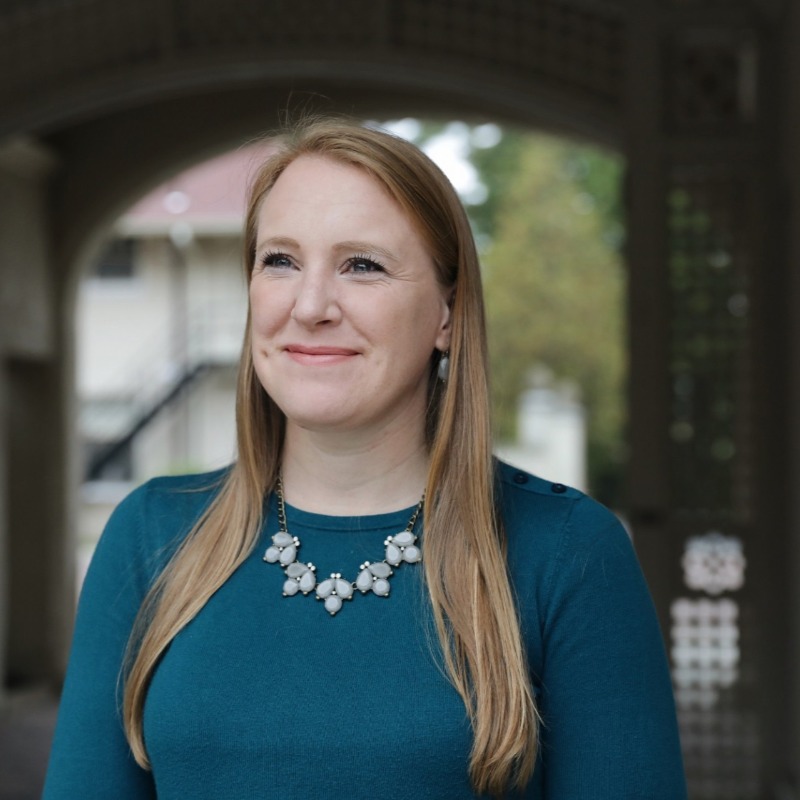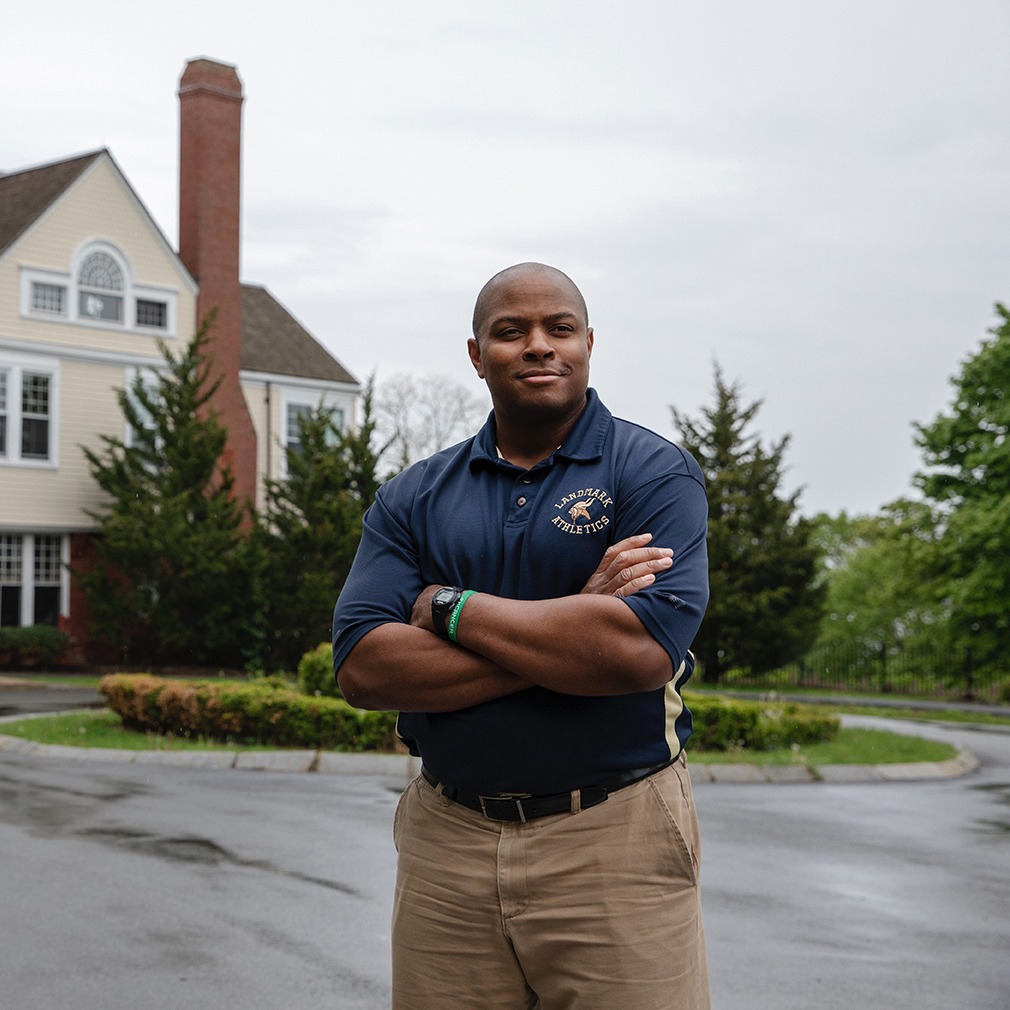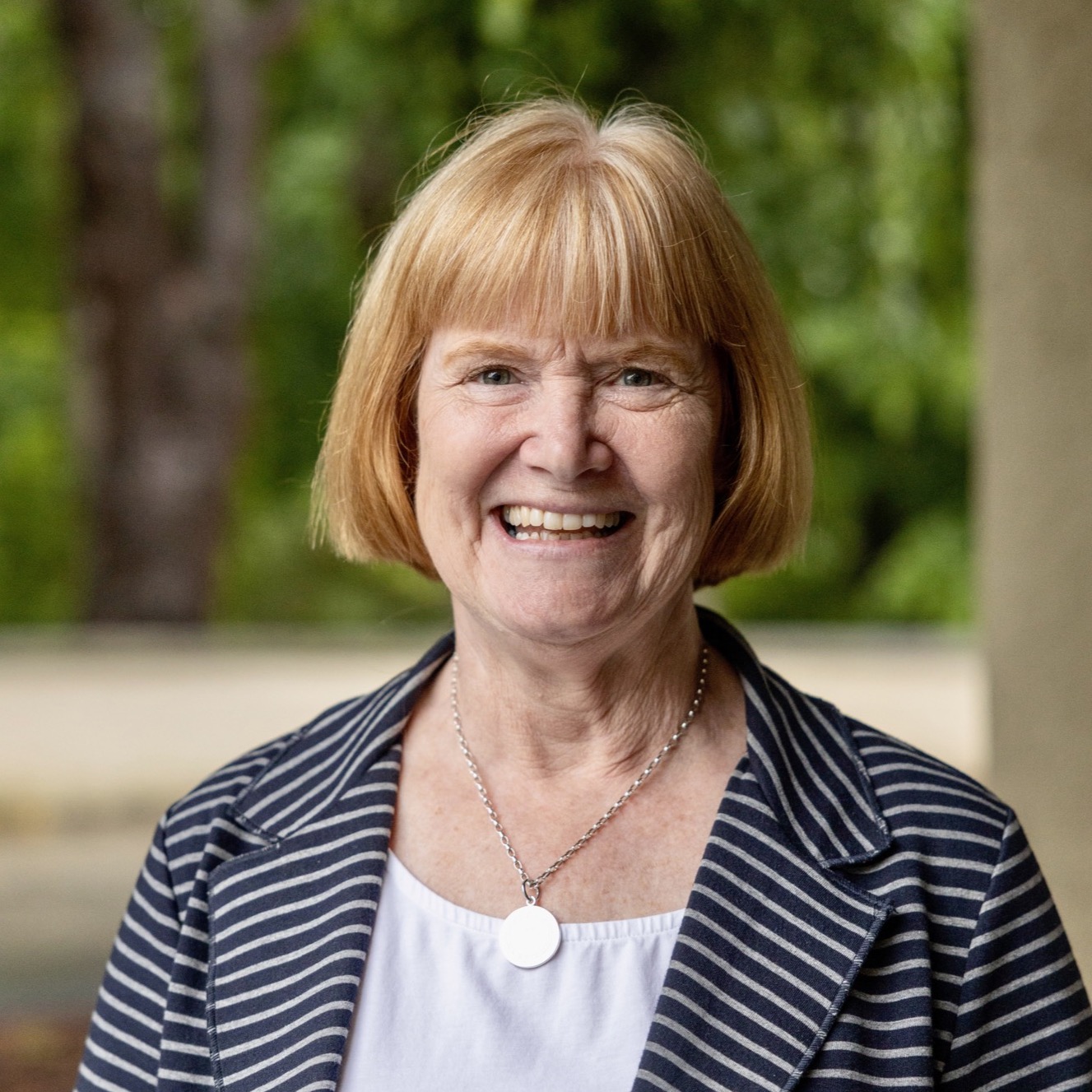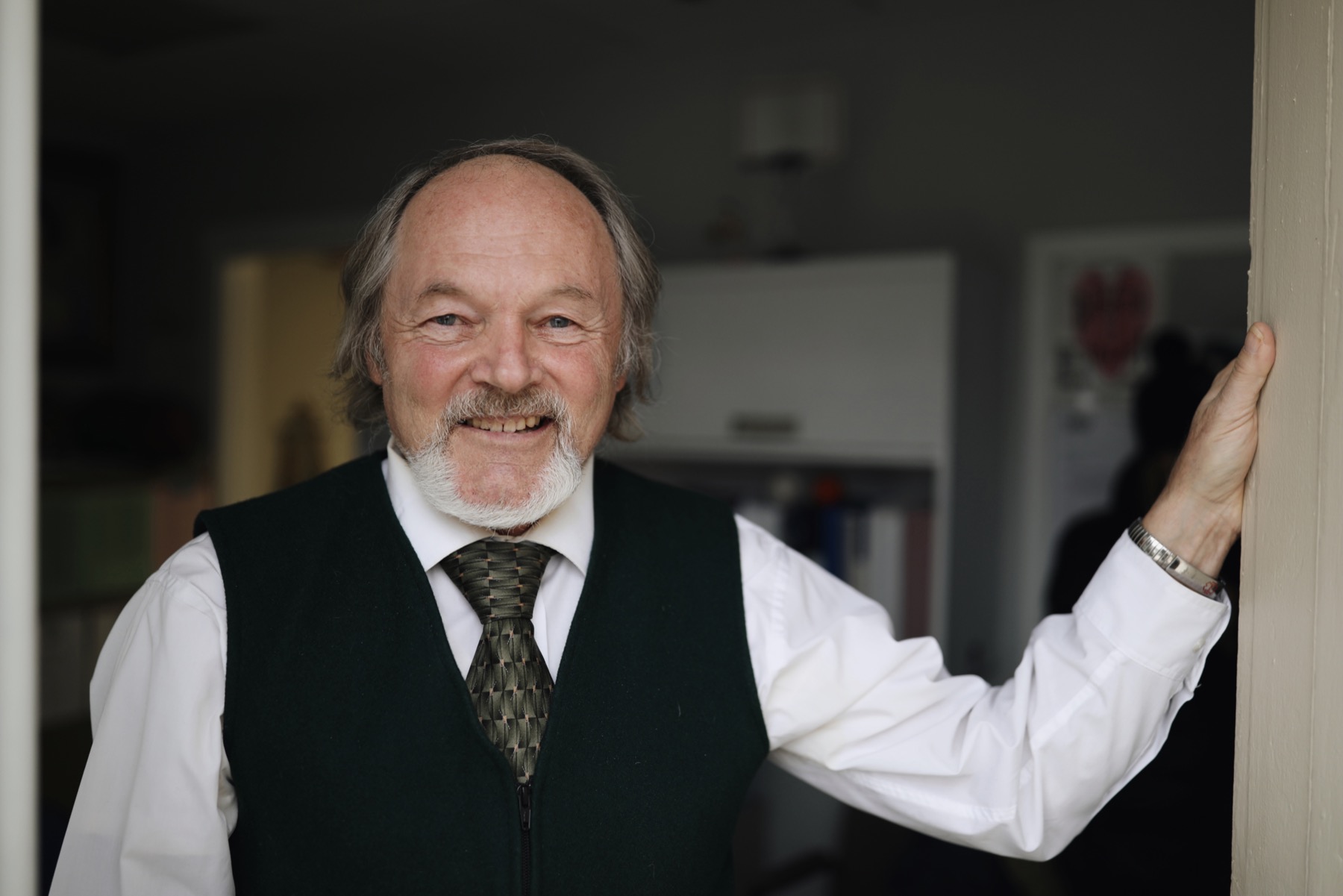- Our School
- Our Advantage
- Admission
- Elementary•Middle School
- High School
- Summer
- Giving
- Parent Resources
- For Educators
- Alumni
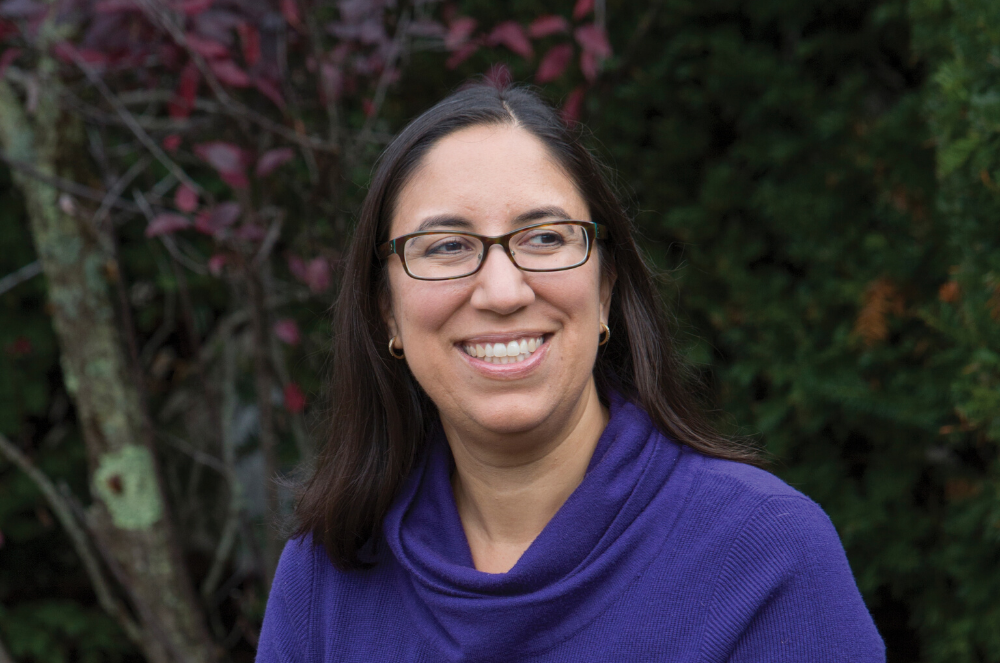
Faculty
Stories
Landmark faculty members affect each student in profound ways, not only by enabling and empowering students with dyslexia and other language-based learning disabilities to reach their educational and social potential, but also by taking an active role in growing the whole student, whether in the classroom, on the stage, or on the playing field. Beyond Landmark, many of our faculty are engaged in an array of activities, altruistic to artistic, physical to philosophical. Here are some of their stories.
Practice Makes Perfect
Innovating
Dorr Siblings
Landmark Librarians
Kathie Babcock
Kirk Swanson
Guido Meade
Robb Genetelli
Anna DiPerna
Meg Arnio
Carlton Winslow
Deirdre Mulligan
Retirement Stories
Deb Blanchard
Looking Back to See Forward
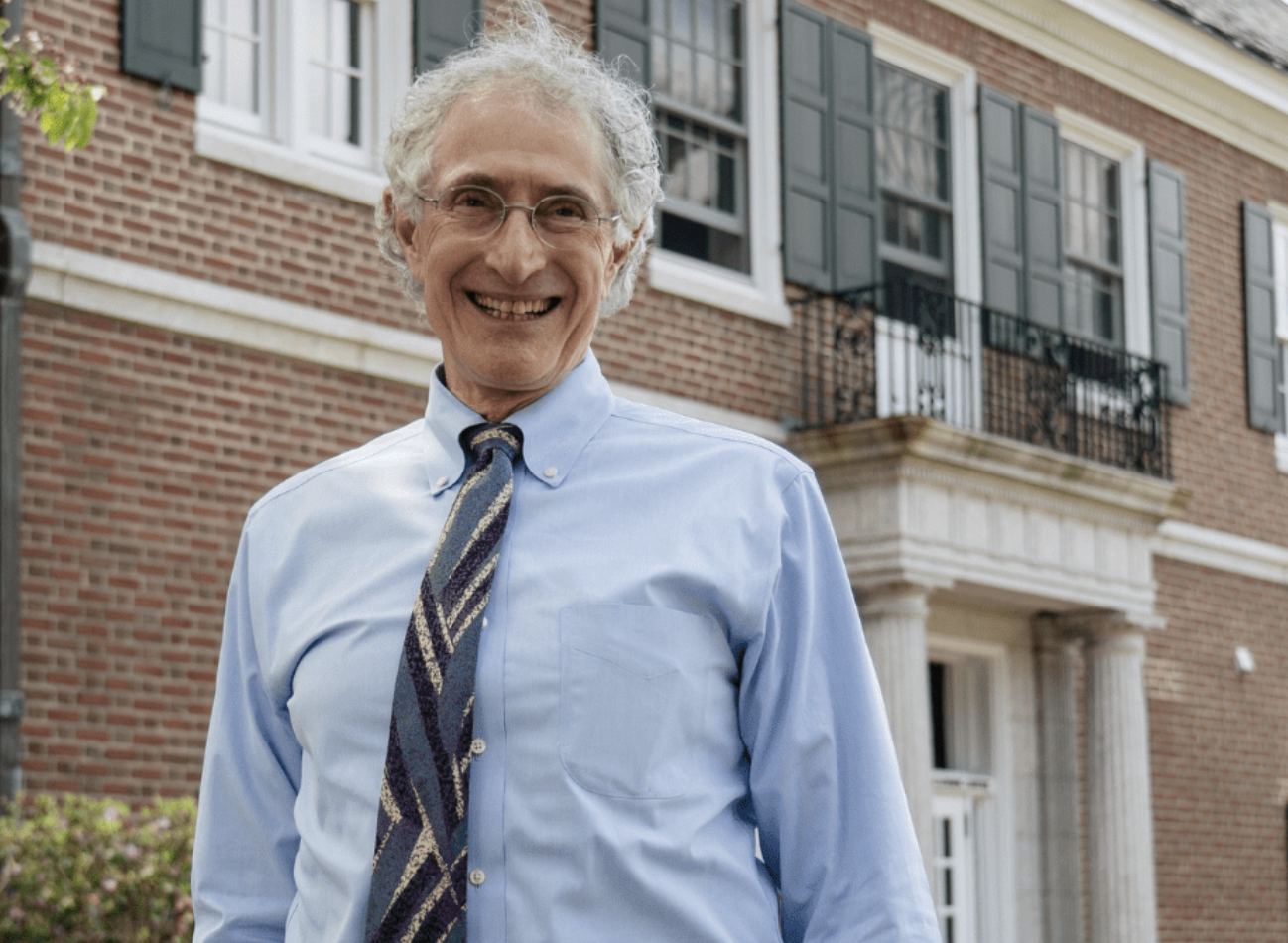
Chambo the Change-Maker
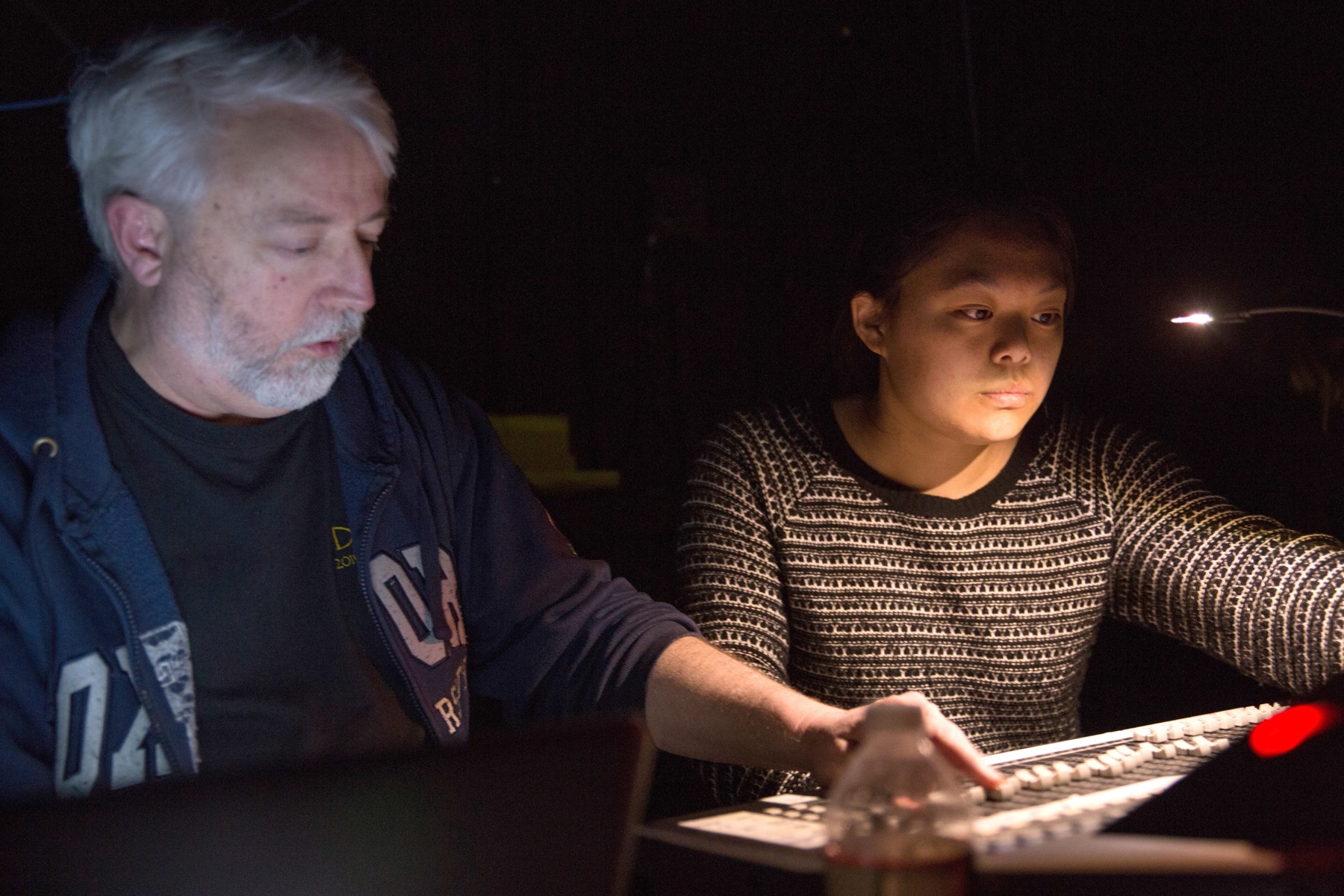
Jim Kent
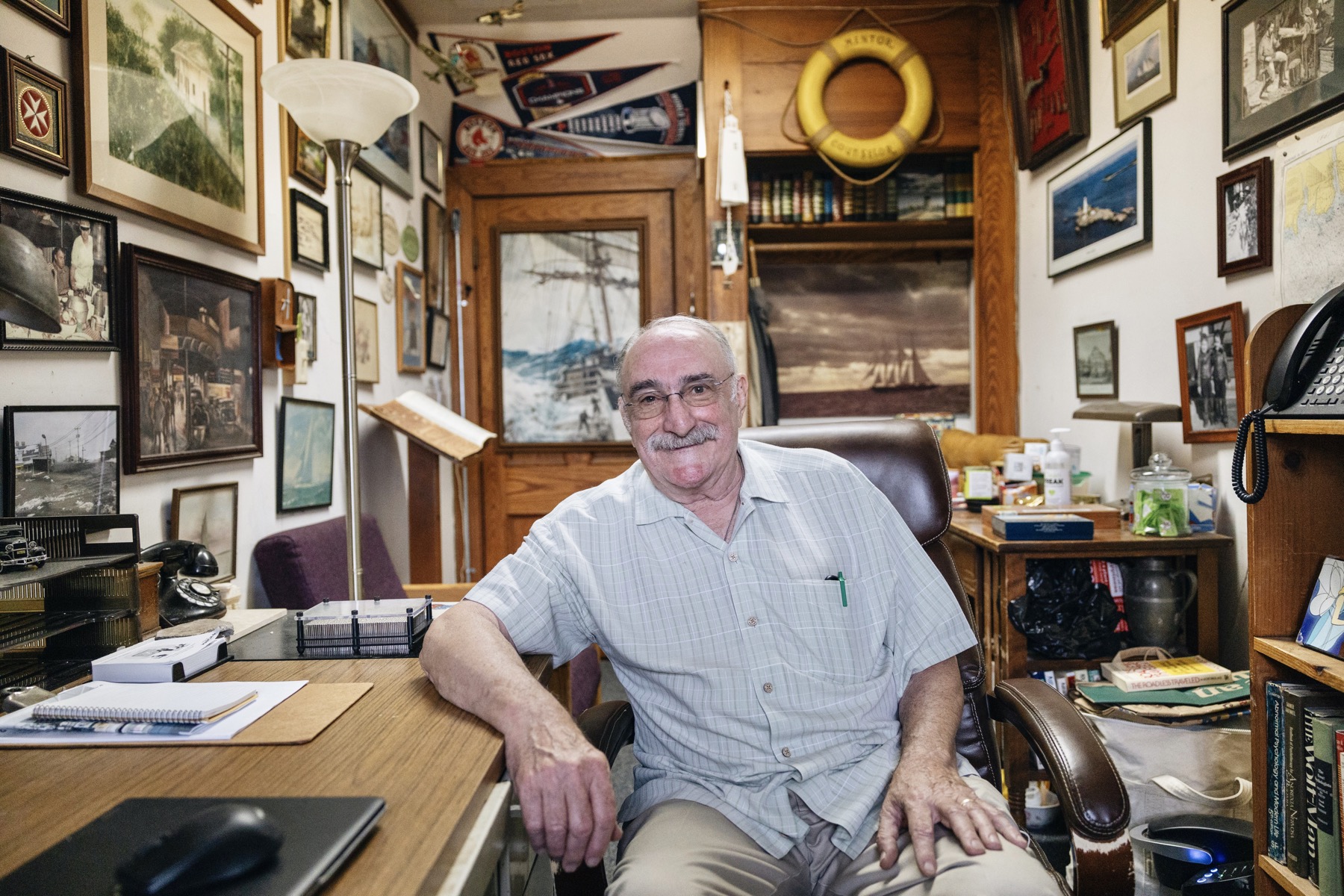
Wendy Taylor
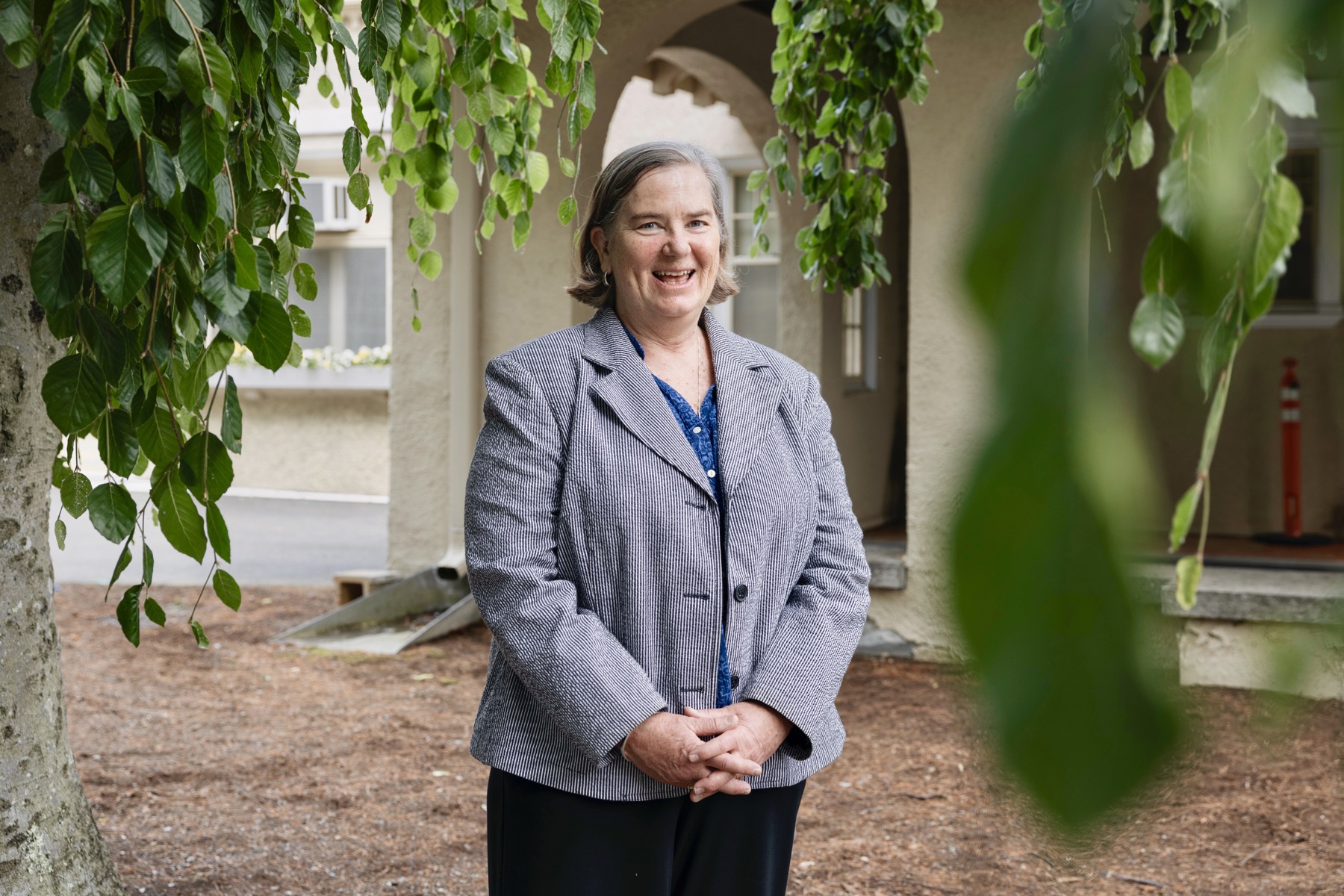
John Fettig
